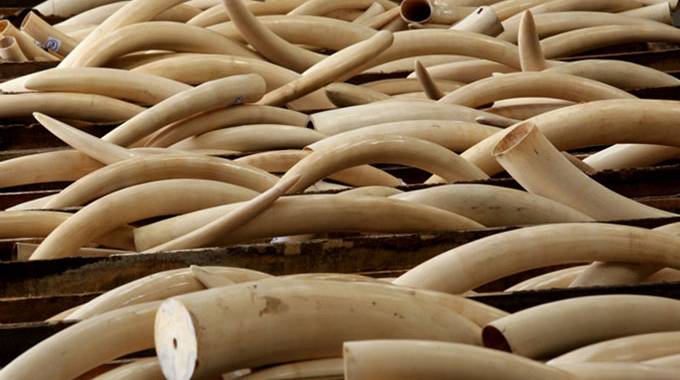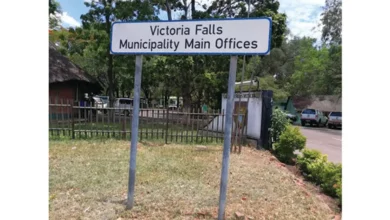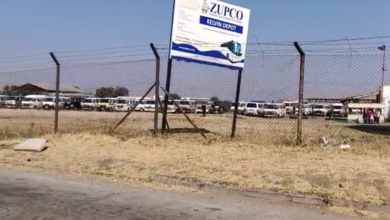Mnangagwa pushes for lifting of ivory trade ban

By Judith Sibanda
President Emmerson Mnangagwa has appealed to the Convention on International Trade in Endangered Species (CITIES) to lift its ivory trade ban, to allow the country to sell its US$ 600 million ivory stockpile to raise money for conservation.
International trade in elephant ivory has been banned by CITES since 1990.
Zimbabwe has an elephant population of 88 000 while neighbours Botswana has 130 000 elephants.
Mnangagwa made the impassioned plea, Monday, at the ongoing African Union-United Nations Africa Wildlife economy summit being held in Victoria Falls.
He said the lifting of the ban would resonate with African government’s efforts to ensure that citizens benefited from sustainable management of natural resources and wildlife.
To encourage community participation, government was promoting an integration concept of conservancies which involves from private sector participation.
“Zimbabwe subscribes to reforming principles of the Conversion of the International Trade and Endangered Species (CITIES),” he said.
“We remain committed to the adherence if its protocols and rules but we are greatly concerned, however by the one size fit all approach where banning of trade is crippling in the Cities decision making processes.
“We call upon the Cities to resist the temptation of being the policy institution and instead be a developmental one which promotes the intricate balance between conservation and sustainable utilization of all wildlife resources.”
Mnangagwa said in relation to the conservation of the savannah elephants which constitute approximately 60% of the continent’s elephant species, bore testimony “to our notable success to championing sustainable conservation programs.”
“This success must be duly recognised, while our voices and concerns given due considerations…As a country and as a region we remain guided by our principles of sustainable utilisation of wildlife. We are determined to ensure conservation is both sustainable and beneficial to host communities.
“Zimbabwe and with other African countries pursuing wildlife conservation require significant funding for the conservation agenda. Communities that are living adjacent to protected areas continue to experience unprecedented human life conflicts with wildlife animals.
“They risk being killed by animals and their crops are destroyed season after season. However, management of such areas requires a significant amount of funding and investment. We welcome partners and investors to optimally manage and unlock value from our wildlife towards helping build nature-based economy. We will continue to ensure that we offer a conducive operating environment for wildlife management and conservation.
“As you are aware, safari hunting is a vital core in successful wildlife economies. Profits obtained from hunting are reinvested towards the provision of game water because these animals need water, we have to provide them with water. They also need fencing and of course law enforcement against poachers among other conservation initiatives.
“We continue to call for the free trade in hunting corridors and these have a positive impact on national economies of our countries. Zimbabwe has about US$ 600 million worth of ivory and rhino horns, most of which is from natural attrition of those animals. If we are allowed to dispose the same under agreed policies the conservation efforts will be a success.”
He said going forward, Zimbabwe encouraged a world that embraces the principle of a shared responsibilities where natural resources are utilized in accordance with the principles of sustainability as this was going to reduce cases of poaching, law enforcement and application of new technologies.
Namibian president Hage Geingob concurred with Mnangagwa’s calls adding that animals and human beings were dying of hunger and hence a need for free regulated wildlife trade.






